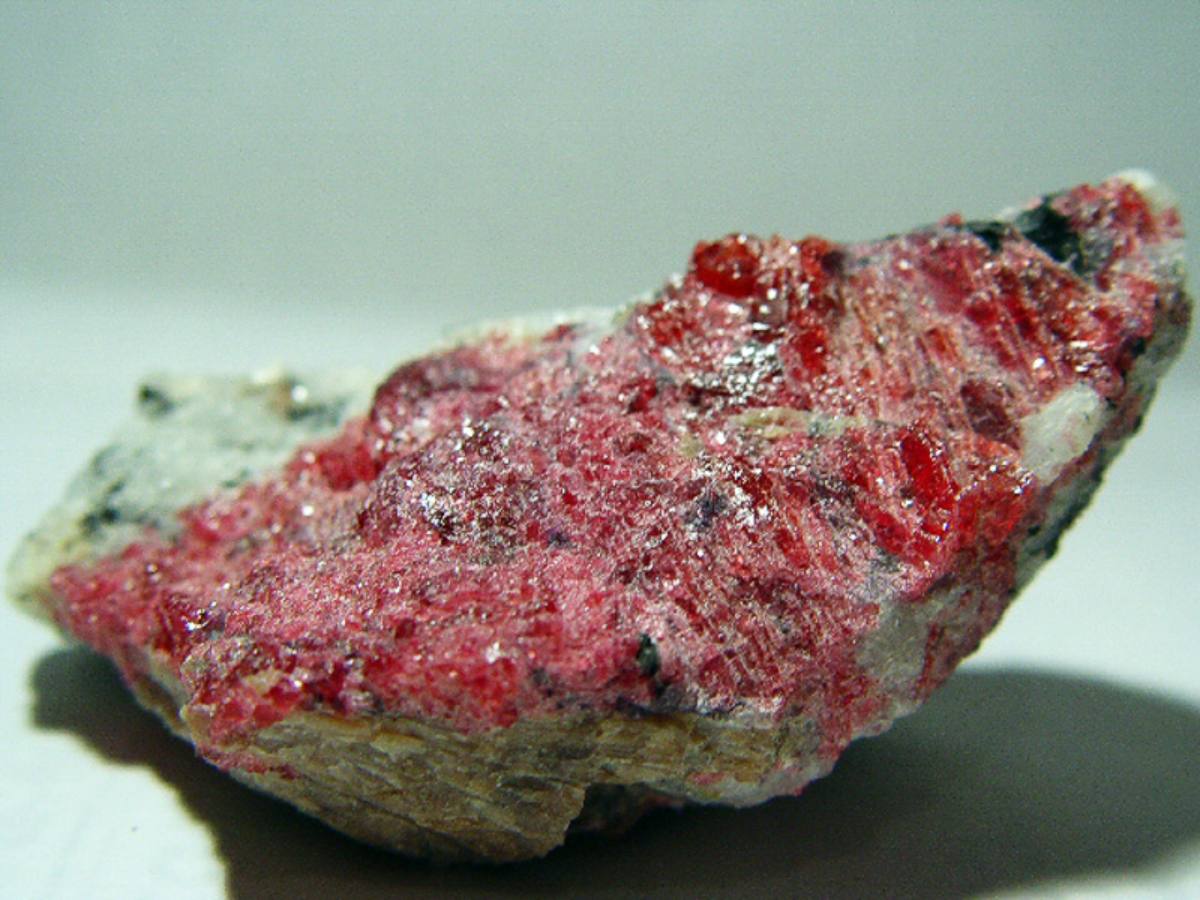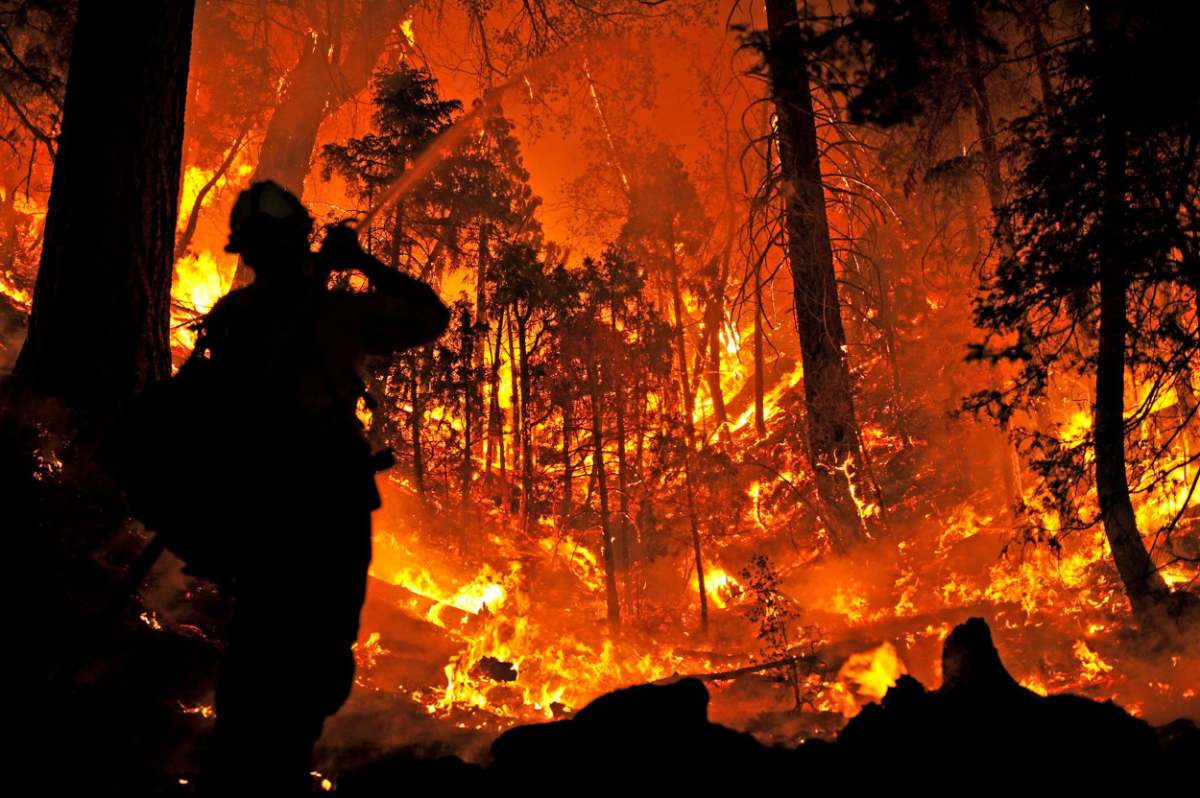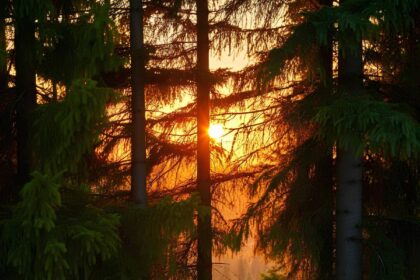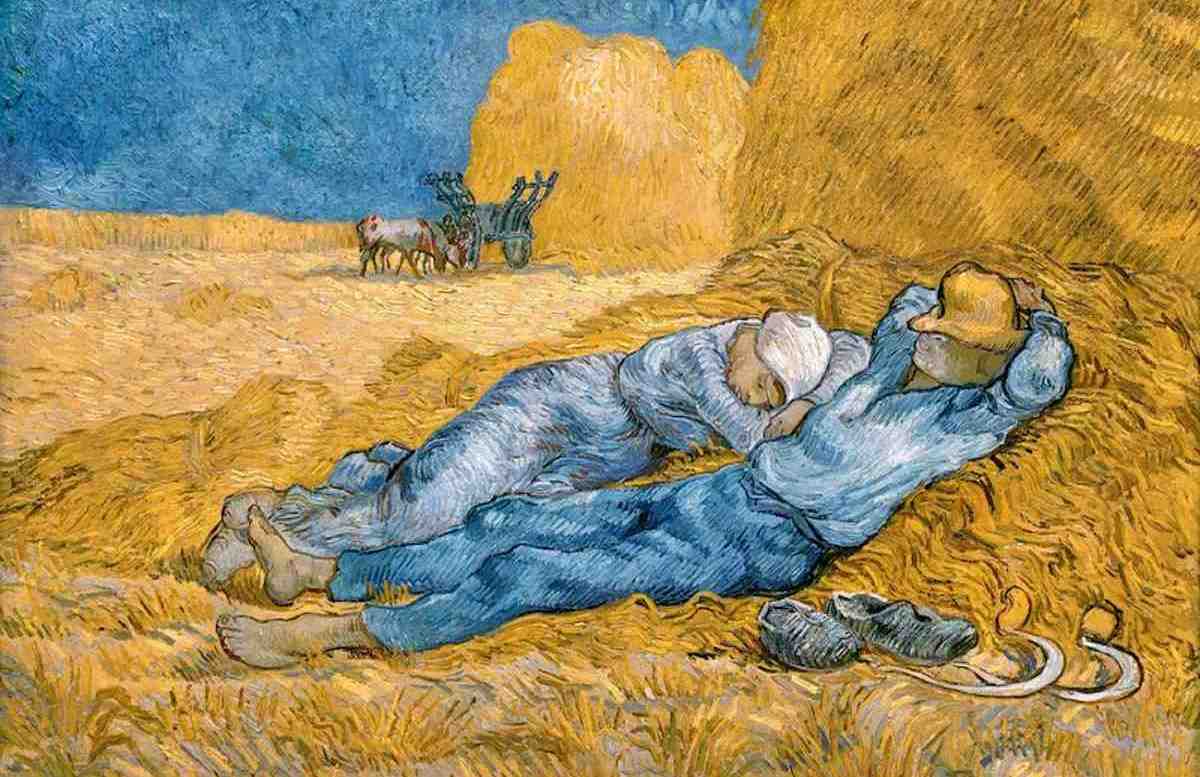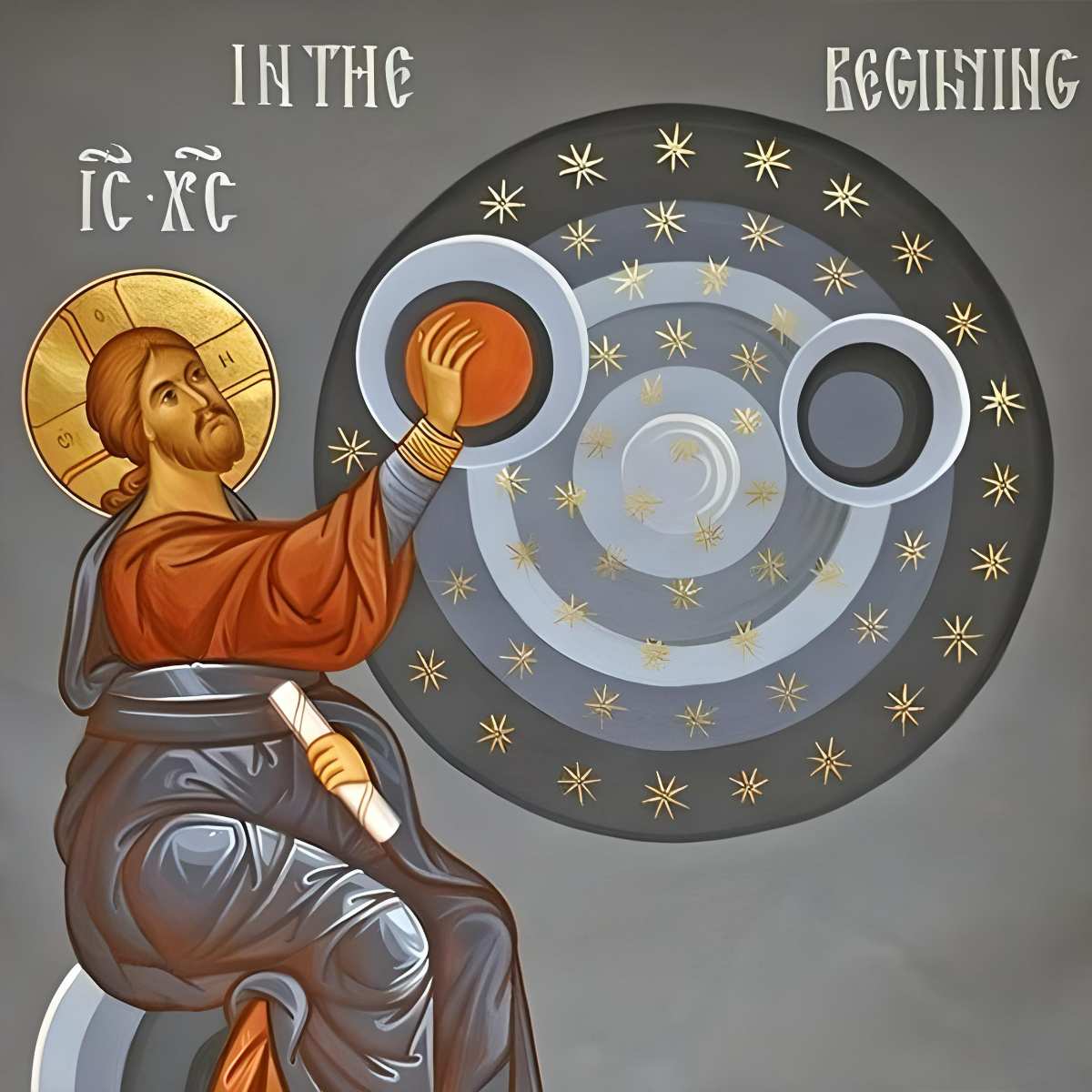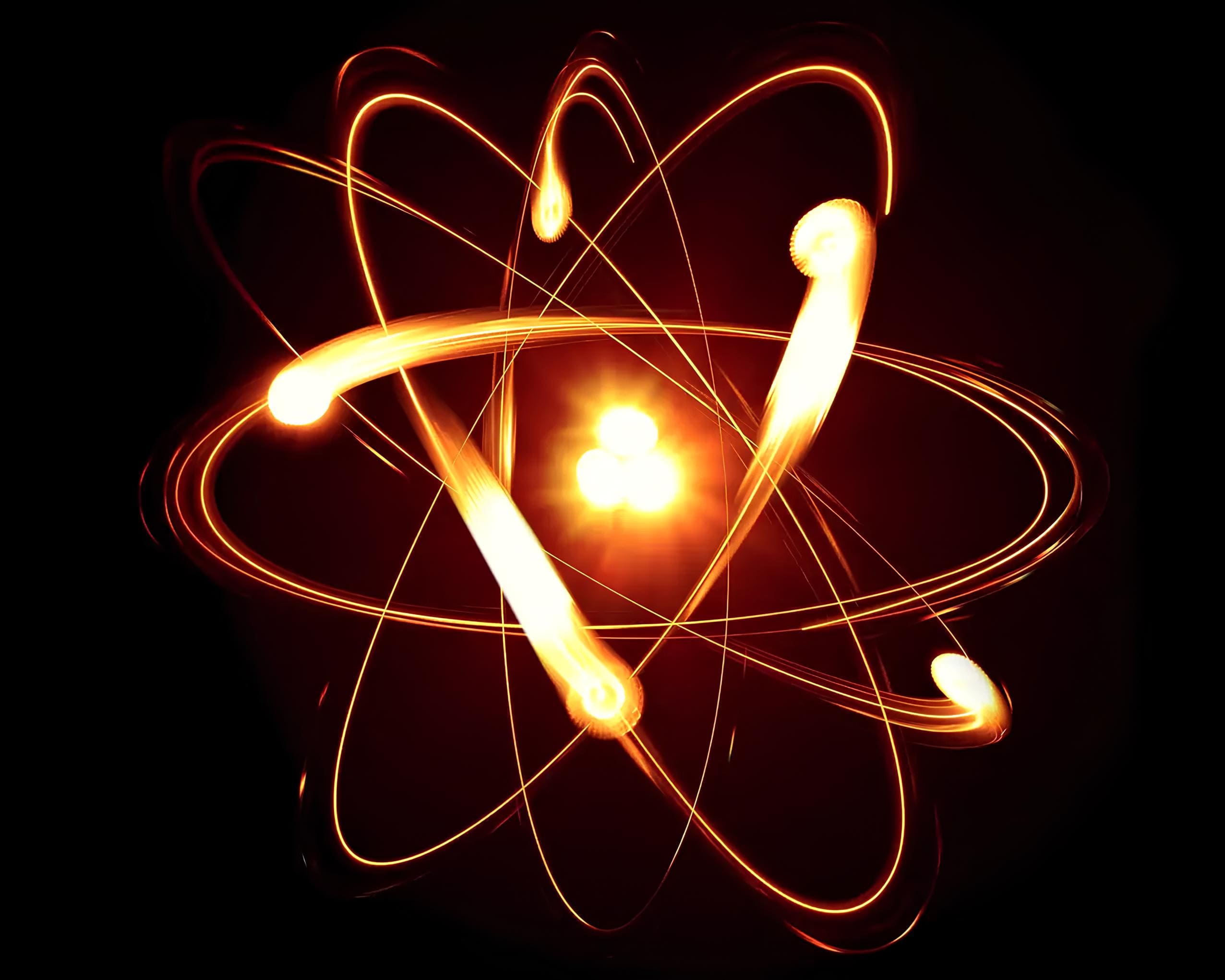When the weather starts to get colder, it’s time to crack out the fireplaces and stoves. We love the calming warmth of the fire and the crackling sound of burning logs, even more, when it is chilly and dark outside. But why, when it burns, does wood crackle in the first place? What produces the sparking mini-explosions that sometimes radiate from the logs, and how do they do it?
Tension, heat, and contraction
The cracks happen because tensions in the wood eventually cause a fracture to form. The wood, in turn, tries to contract as a result of the heat, and this is what causes the tension.
The fractured beams in an Alpine Hut originate from the same concept. The moisture content of the wood fibers in the beam progressively evaporates, causing them to conform more closely to their surroundings.
As a direct consequence of this, the beam will progressively shrink as it dries; however, the contraction will occur more across the wood than in the longitudinal direction. Because solid wood does not have sufficient elasticity, it rips, and over time, apparent fractures emerge in the wood.
The situation is the same with fire, except that it develops more rapidly. The crackling and popping sounds are always produced when the wood structure tries to shrink but is unable to due to the strength of the wood itself. After then, it gives in to the strains and fractures. The noise is reminiscent of a branch being snapped in two.
The flying sparks are caused by the resin
However, there are moments when the crackles in the wood are very audible. Sparks often fly, much as they would in a smaller version of the explosion.
There is another explanation for the loud crackling sounds in the burning wood. The noise may be traced to the bursting of resin pockets. These are the cavities in the wood that hold the liquid plaster that the wood produces. The oily resin protects the tree from microbial infections because it has chemicals that kill microorganisms and seal wounds.
The heat of the fire causes the oils found in the resin to evaporate, which then causes the oils to expand. The surrounding hardwood structure is unable to absorb the oil vapors, which causes the material to crackle. This in turn causes the resin galls to rupture explosively. Because the oils that fly out are combustible, they often catch fire when they come into contact with flames, which results in sparks and small explosions or pops.
Cracking is less common in hardwoods and fir
But why do different types of wood crackle at different rates? One cause has to do with the varying amounts of the resin contained in the wood. Pine, for example, has a high resin content and, as a result, produces a lot of crackling noise as it burns. On the other hand, hardwoods rarely experience these kinds of explosions or pops since the hardwoods themselves do not contain any resin.
The sound produced by fir and spruce combustion is noticeably different from one another. The reason for this is that fir wood does not contain any resin, but spruce wood has a significant amount of oil-rich compounds.
The structure and form of the wood
However, the structure and form of the wood can still play a role in causing crackles and pops. For example, light woods like spruce are more likely to crackle than heavier woods. Their wood is not as sturdy, and it is more prone to shatter when subjected to tension. Heavy hardwoods like oak or beech, on the other hand, are less likely to be damaged due to the much denser and more robust structure of these hardwoods.
Crackling may also be affected by the form of the log and the method used to cut it from the trunk. The wood is less likely to crack if it is cut into smaller pieces. This is because the wood warps less in smaller pieces, and the tensions that arise from this are lower, making it less likely that the wood would crackle as a result of these forces.









